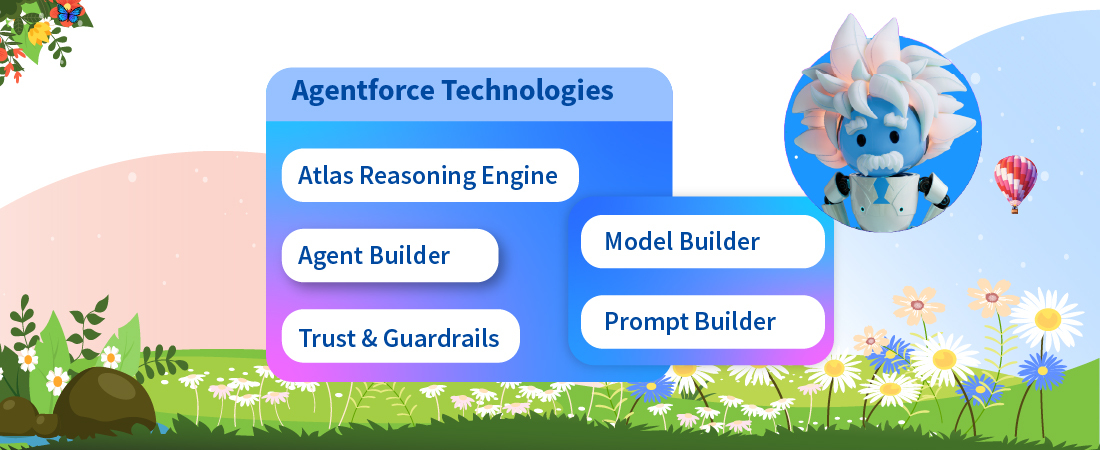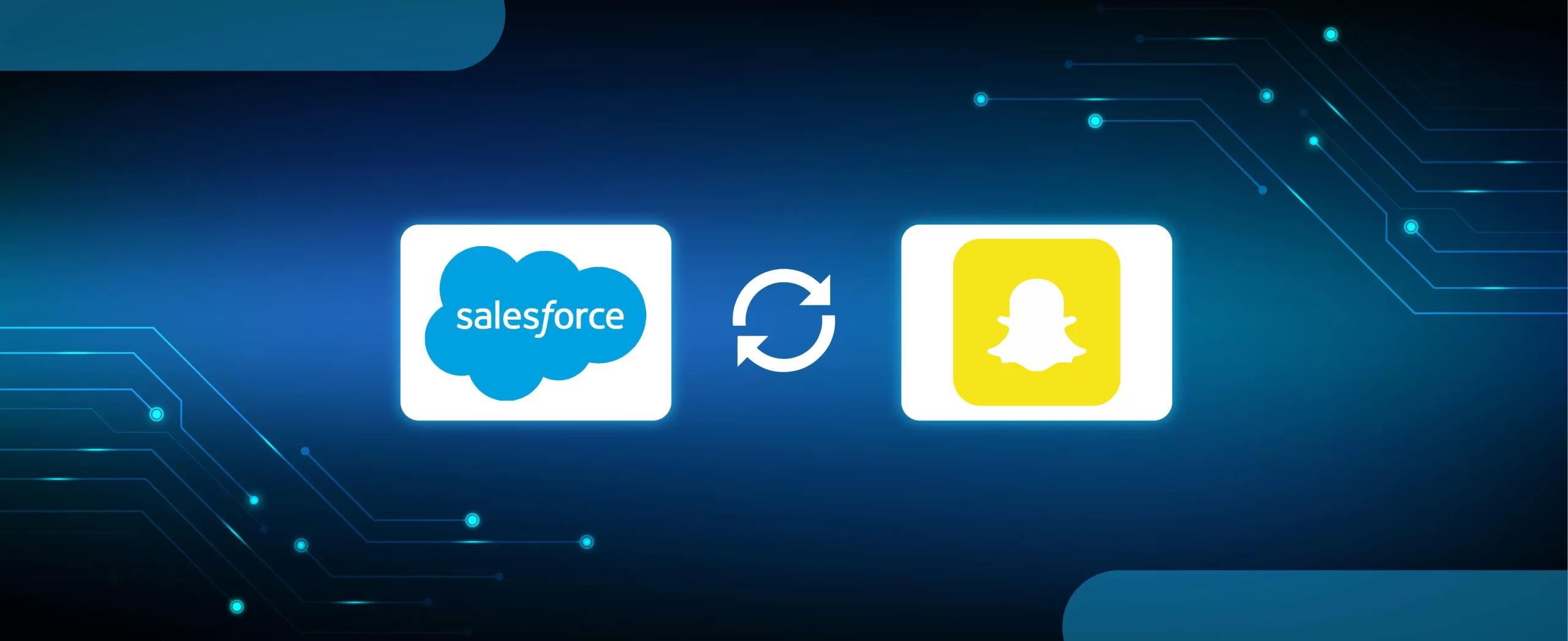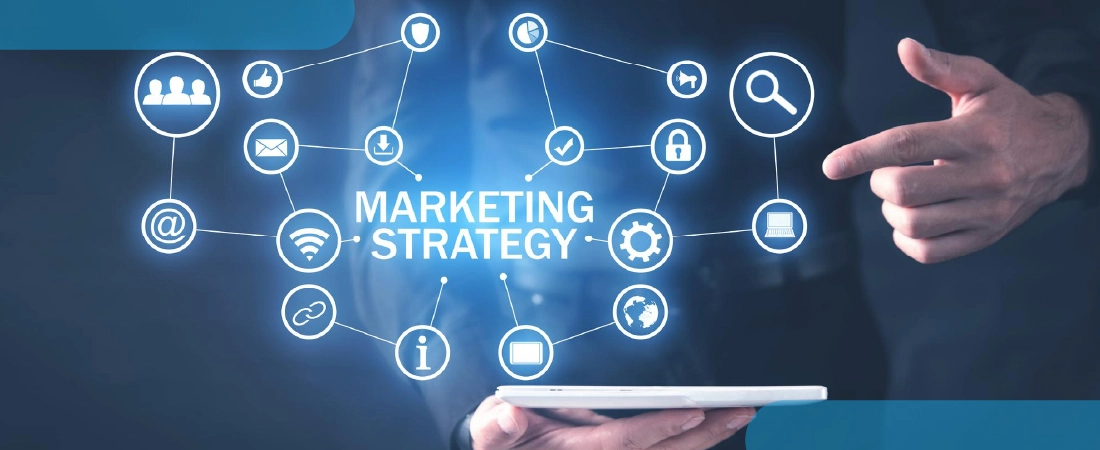Since its inception, Salesforce has a history of accelerating innovation. From being a pioneer in the SaaS domain to innovating in areas like Omni-commerce and low code development, Salesforce has led the way.
With its track record, its foray into Artificial Intelligence was a natural progression.
Salesforce Einstein
Salesforce Einstein is an AI framework that forms the core of its platform. And even though it has been just a couple of years since its launch, it aims to be the foundation for additional functionalities to be built on top.
The features that Salesforce Einstein AI provides range from predictive lead scoring to customer insight, which can trigger an alert to a rep. In an earlier era, CRM systems offered this, but now by incorporating Salesforce AI aggregates information from multiple sources and makes these recommendations.
Adoption of Salesforce CRM systems has been an area of concern for enterprises. Traditional CRM systems were data input solutions where sales reps were expected to input information about their conversations. With no direct benefit derived from this exercise, sales folk had little incentive to do it.
With Einstein AI, this has undergone a sea change.
A Sales rep is no longer required to enter data as the system does it for him/her. With its AI-driven functionality, it allows the sales rep to sell more. Salesforce AI discovers patterns and suggests the most important activity that a rep needs to perform.
Why is AI becoming important?
The question to ask is why is AI becoming important?
A convergence of multiple reasons ranging from the low cost of data storage to computing has led to this. And with steep developments in areas like Machine Learning algorithms, integrating AI functionality into Salesforce became feasible.
Salesforce Einstein Platform enables developers to seamlessly deploy machine learning services with just a few clicks or a single line of code. It is not as if Salesforce Einstein is only for the sales reps of an enterprise. It has built functionality for customer service reps through its Service Cloud, which manages things like automated case routing.
Another Service Cloud features that is in the making is the Einstein Reply Recommendations, a feature that leverages NLP to recommend agent response.

Salesforce and Google
Salesforce is also partnering with Google, and the extensive capabilities that Google has built-in its Dialogflow platform are commendable. The combination of Salesforce’s customer data with Google’s Dialog flow builds on the capabilities of the combined solution to realize a seamless customer experience.
Salesforce Commerce Cloud
The foundation of Commerce Cloud is Demandware, a company that Salesforce acquired two years ago.
Salesforce’s Artificial intelligence platform is called Einstein.
With the acquisition of Demandware, Salesforce is uniquely positioned to obtain deep customer insight. And it recently announced APIs that leverage AI, enhanced to better engage with shoppers.
To Wrap up
By leveraging an open-source and opening up its API, Salesforce has provided developers a new set of tools. Developers can browse the Salesforce API library and identify the ones that they can deploy for their use cases seamlessly.
These libraries include code snippets to get things started quickly.
It may not look like a big deal, but as Salesforce increases the capabilities of its API, it will be. The company has created a platform that lets developers tinker and build functionalities with these APIs robustly.






